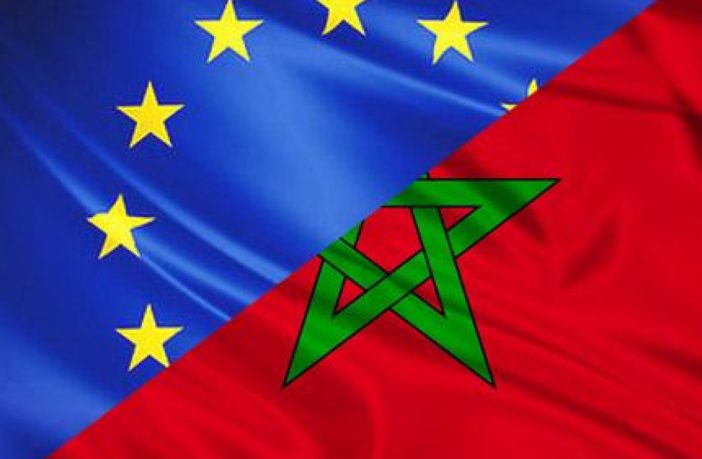Fresh Plaza
Yesterday, the European Commission adopted a proposal for a Decision to the Council in which it proposes a modification of Protocol I and IV of the Association Agreement between the EU and Morocco, which will entail extending the concessions foreseen for products originating in Morocco to those of the Occidental Sahara.
According to FEPEX, this will maintain the status quo because, following the judgment of the Court of Justice of the EU of December 2016 that forced this amendment, the concessions for the products of the Association Agreement with Morocco are already being applied to products originating in the Sahara.
According to the proposal, the EU and the Kingdom of Morocco have agreed to insert a common declaration on the application of Protocols 1 and 4 of the Association Agreement so that “products originating in the Western Sahara that are subject to the control of the Moroccan customs authorities benefit from the same trade preferences as those agreed by the EU for the products covered in the Association Agreement.”
The European Commission said this proposal would “contribute to the economic development of Western Sahara by ensuring that exports to the EU that originate there benefit from broad trade preferences.” In order to justify their proposal, they also published a 41-page working document of the Services of the Commission which details the benefits that the extension of the tariff concessions to the products originating in this region would have for the population of Western Sahara.
With this proposal the European Commission is responding to the judgement of the Court of Justice of the European Union of December 2016, which established that the EU Association Agreement with Morocco was not applicable to Western Sahara because this territory should be considered a third party. Since then, Brussels and Morocco have negotiated to modify the Association Agreement, given the interest of Morocco in the Sahara’s fruit and vegetable production, which has grown strongly in recent years.
FEPEX monitors the behavior of fruit and vegetable imports from Morocco, both by Spain and the EU, given the overlap of products and schedules. In 2017, the EU imported 1.2 million tons of fruits and vegetables from Morocco, i.e. 12% more in volume and 18% more in value than in 2016, totaling 1,631 million euro, according to Eurostat data. The same trend can be found in Spain, where fruit and vegetable imports from Morocco in 2017 grew by 31% over the previous year, totaling 555.5 million euro, consolidating Morocco as the first supplier of the Spanish import market. According to data from the General Directorate Customs in the first quarter of 2018 imports from Morocco continued to grow. In this period they stood at 123,718 tons, 12% more than in the same period of 2017, and 253 million euro (+11%).
Source: fepex.es
Publication date: 6/13/2018








